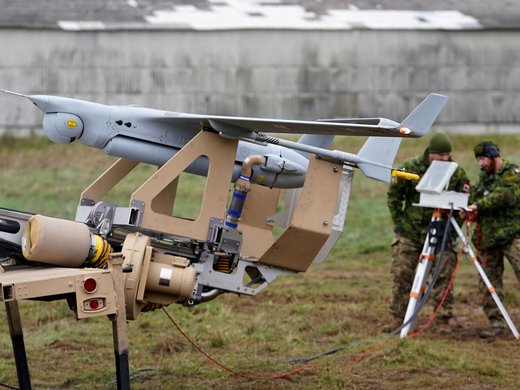Technological development and diffusion are rapidly transforming economic, financial and societal systems. Policy and legal frameworks may be unable to keep pace with approaches that maximize opportunities and manage risk, and advancing artificial intelligence (AI) technologies, combined with weak economic growth projections, create an urgent need to better understand AI-driven scenarios and the implications for productivity. This special report identifies three key conduits (drawing on established AI-related indices) that link actions and improved productivity outcomes: technological capabilities; applications and markets; and policy and regulation. It then provides a country-level assessment of G7 countries (plus China and India) to outline a current snapshot of AI-driven productivity in each and inform plausible futures for AI’s impact on productivity. Overall, G7 countries are generally well positioned on data infrastructure and research and development, as well as on some sector-specific applications and standards, but are typically less well positioned on ensuring the required labour and talent pool is in place. The report also examines four scenarios for the potential impact of AI on global productivity: flat AI; US-led AI; multipolar AI; and artificial general intelligence. These scenarios broaden the scope for G7 members to consider key areas and actions that could boost productivity under different circumstances.


